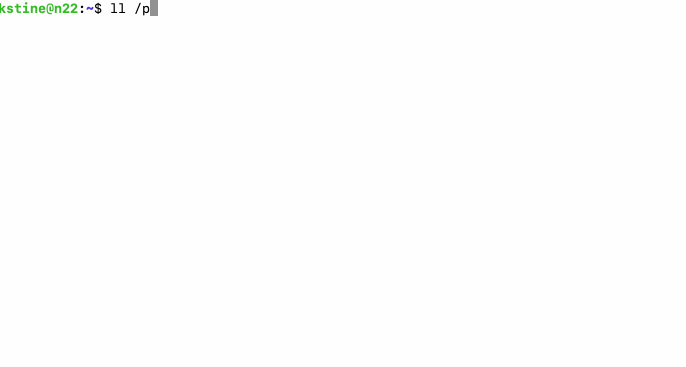Frequently Asked Questions
When I try to log in, I get “Connection closed by 171.67.99.202 port 22”`.
This usually means your account is not yet fully activated. Make sure you received a confirmation mail and if the problem persists beyond that, please post on the marlowe-researchers slack channnel.
I receive a “disk quota exceeded” error when writing files. What does this mean?
Each filesystem on Marlowe has a user space quota. You’re most likely to run into this issue when adding files to your home directory.
I can’t run a docker container
Docker is not supported on Marlowe due to the security risks associated with it. Fortunately, Apptainer supports running docker containers natively.
Where are the CUDA tools?
CUDA tools and libraries such as nvcc are available in the nvhpc module. This module is not loaded by default, so it will need to be loaded whenever you use any CUDA tools and libraries. You can always automate this by adding module load nvhpc to your ~/.bashrc file.
I can’t see my project directory
The /projects/ filesystem uses a system called autofs to dynamically mount NFS shares in /projects/.
Due to this, you may not see your specific /projects/ directory until you first access it after login. As soon as you run a command that accesses your project directory, it will show up and be accessible. A simple way to show your /projects/ directory is to run ls /projects/<project ID>.
Here is an example:

I see “A requested component was not found” when submitting an MPI job.
You may see a similar error to the following when your code either doesn’t detect the infiniband fabric properly, or gets confused when it detects both Ethernet and Infiniband:
--------------------------------------------------------------------------
A requested component was not found, or was unable to be opened. This
means that this component is either not installed or is unable to be
used on your system (e.g., sometimes this means that shared libraries
that the component requires are unable to be found/loaded). Note that
Open MPI stopped checking at the first component that it did not find.
Host: n12
Framework: pml
Component: ucx
--------------------------------------------------------------------------
To fix this, load the gcc/64 module by running the following/adding to your slurm command:
module load gcc/64
The gcc/64 module essentially reloads the network fabric libraries and forces them to be loaded in the correct order. It is recommended to load it after NVHPC.
My job keeps stopping after 15 minutes.
Any jobs in the preempt queue can be preempted within 15 minutes if a job in a higher priority partition (batch or hero) requests the node that the preempt job is running on.
I’ve submitted a job and it is still pending. Can I get some idea when it will run?
squeue -j <job_id> --start
will give an upper bound on the requested time by jobs ahead of yours. Even more detail can be seen via:
scontrol show jobid=<job_id>
I can’t request GPUs using Code-Server through Open OnDemand
Code-Server instances on Marlowe are restricted to 4 CPU cores, 12GB of memory, and 8 hours of runtime. This is to prevent users from sitting on resources without utilizing them.